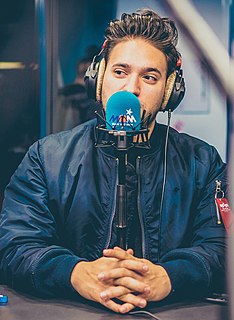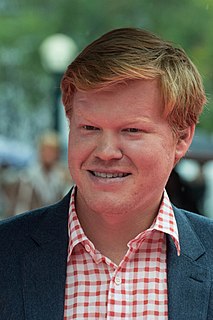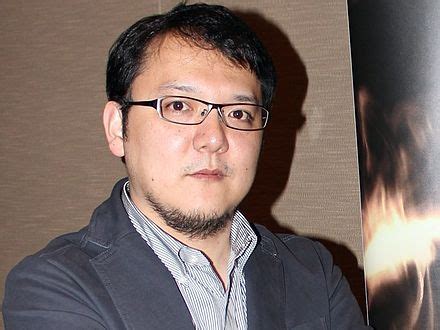A Quote by Gerard Way
The way I write is that, every time I reintroduced a character, I'd have to face some kind of inner demon.
Related Quotes
When you write your first novel you don't really know what you're doing. There may be writers out there who are brilliant, incisive and in control from their first 'Once upon a time'. I'm not one of them. Every once upon a time for me is another experience of white-water rafting in a leaky inner tube. And I have this theory that while the Story Council has its faults, it does have some idea that if books are going to get written, authors have to be able to write them.
The movie is usually, for me, something organic that grows all the time. I sit home and write it, and I'm in an isolated, four-walled environment, and I don't know what's going on. I just write it, and it's appearing in my head in some idealized way where every single moment works, and every little thing is perfect, because it's in my head.
'Friday Night Lights' was kind of like my college years because I did four seasons of that. It was my first series. It was the most time I had with one character, and kind of growing and evolving with the character over that long of a span of time, it just allows you to sort of learn in a completely different way that I had never experienced.
There's lots of good movies where you feel that the dialogue could be improvised, but very little was. The "Big Lebowski" was like that where people say "oh, you know, that sounds so..." and we'd always go back and get every man, every ellipses in there the way these guys write it. Because not only is it saying what Michael wants the character to say but the way they all speak kind of creates this tone because it's not exactly real.
The first thing that happens is the cleansing of the former character. I don't think a lot of actors talk about it, but there is usually a process where you essentially purge yourself of the character played prior to the movie. Then you want to think about what the character represents, and you write down all of the elements about this character and then take the time to find some synchronicity and start breathing the character.




































